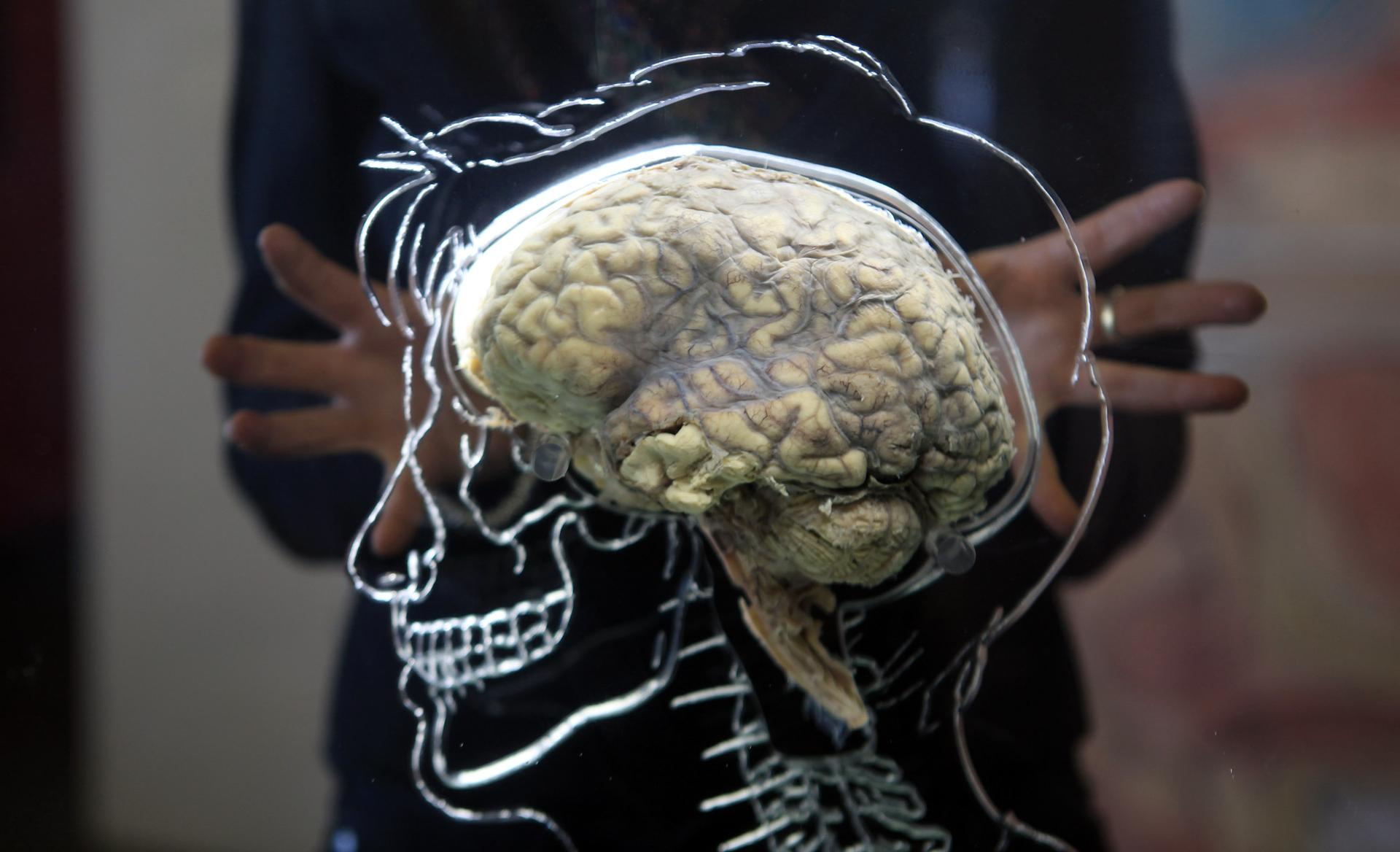Scientists hear the brain’s internal thoughts
A new study by US scientists has found a way to convert the brain’s thoughts into speech.
LOS ANGELES — Scientists at the University of California, Berkley have found a way to decode the brain's internal thoughts, according to a new study published by the science journal PLoS Biology.
The researchers used a technique which allowed them to collect electrical signals directly from patients' brains. Based on those signals, a computer model then reconstructed the sounds of words that patients were thinking, BBC News reported.
The study looked at 15 patients who were in the hospital for over a week undergoing procedures for the treatment of epilepsy or tumors, ABC News reported. 256 electrodes were placed directly on the cortical surface of their brains to measure neural activity while words and sentences from different English speakers were repeated to them.
More from GlobalPost: Brain function begins faltering as early as 45: study
The team then used a computer model that mapped out which parts of the brain were firing at what rate when different frequencies of sound were played, BBC reported. Therefore, when patients were presented with multiple words, the team was able to guess which word the participants had chosen.
The scientists focused on an area of the brain called the superior temporal gyrus, or STG, part of the hearing apparatus but also one of the regions of the brain that makes linguistic sense of sounds we hear, according to BBC.
The research could help comatose patients and people with speech disorders to communicate.
"There is some evidence if you imagine speech, it activates similar brain messages," the study's lead author Dr Brian Pasley told ABC. "If you can understand the relationship well enough between the brain recordings and sound, you could either synthesize the sound a person is thinking or write it out with a type of interface device."
More from GlobalPost: Museum puts samples of Einstein’s brain on display
However, scientists are still a long way from developing prosthetics that would allow patients communicate by thought, though the researchers say they hope it will one day be a reality.
"The patients are giving us this data, so it'd be nice if we gave something back to them eventually," said Robert Knight, one of the study's authors.
"Neuroscientists have long believed that the brain essentially works by translating aspects of the external world, such as spoken words, into patterns of electrical activity," Jan Schnupp, Professor of Neuroscience at Oxford University, told the Telegraph. "But proving that this is true by showing that it is possible to translate these activity patterns back into the original sound… is nevertheless a great step forward, and it paves the way to rapid progress toward biomedical applications."
